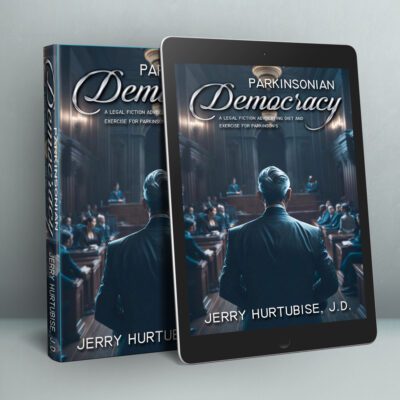Congratulations! You’ve decided to invest in professional editing for your manuscript—a significant step toward publishing a polished book. But the process doesn’t begin and end with simply sending off your draft. To make the most of your editor’s expertise and ensure a smooth journey, follow this comprehensive editing checklist.
Before Working With an Editor
A little preparation goes a long way. Before you hire or submit your manuscript, use this editing checklist to get your book (and yourself) ready.
- Complete Your Draft: This might seem obvious, but ensure you’ve finished your first full draft and have taken some time away from it for a fresh perspective.
- Self-Edit Thoroughly: Utilize self-editing strategies to polish your manuscript for clarity, consistency, and basic errors. This will make your editor’s job more focused and cost-effective.
- Define Your Goals: What do you hope to achieve through editing? Are you aiming for developmental feedback, line-level polish, or proofreading? Clearly define your needs.
- Research and Select the Right Editor: Look for an editor whose experience and style align with your genre and your book’s needs. Check testimonials and potentially request a sample edit.
- Prepare a Style Sheet (Optional but Recommended): Note any consistent stylistic choices you’ve made regarding capitalization, hyphenation, character names, place names, etc. This helps your editor maintain consistency.
During the Editing Process
Once the work has begun, communication is key. This part of the book editing checklist is all about staying engaged and open to feedback.
- Be Responsive and Communicate Clearly: Promptly reply to your editor’s questions and provide any necessary clarifications.
- Review Feedback Thoroughly: Take the time to carefully read and understand all the editor’s comments and suggestions.
- Resist the Urge to React Emotionally: Remember that editorial feedback is intended to improve your work. Approach it with an open mind.
- Ask Questions: If you’re unsure about a comment or suggestion, don’t hesitate to ask for clarification. A good editor welcomes questions.
- Keep Track of Changes: If you’re working in a program like Word, ensure Track Changes is on so you can see exactly what your editor has done.
- Respect the Editor’s Expertise: While it’s okay to disagree and discuss your reasoning, remember that you hired them for their professional opinion.
After Receiving the Edited Manuscript
The final phase of this editing process checklist focuses on your revisions and ensuring the final product is flawless.
- Take a Break (Again!): Allow yourself some time to step away from the edited manuscript before diving into revisions.
- Review the Edits Systematically: Go through each comment and suggestion one by one.
- Make Decisions on Each Edit: Decide whether to accept, reject, or modify each of your editor’s suggestions. Be prepared to justify your decisions.
- Focus on Understanding the “Why”: Pay attention to why your editor made certain suggestions. This will help you improve your writing in the long run.
- Don’t Be Afraid to Push Back (Respectfully): If you have a strong reason for disagreeing with an edit, communicate this clearly and respectfully to your editor.
- Complete Your Revisions: Implement the agreed-upon changes to your manuscript.
- Proofread Again: Even after professional editing and your revisions, a final proofread is essential to catch any lingering errors.
- Thank Your Editor: Acknowledge their hard work and the value they’ve brought to your manuscript.
- Consider a Testimonial (If You’re Happy): If you had a positive experience, consider offering a testimonial to help other authors find a great editor.
By following this manuscript editing checklist, you’ll be well-prepared to navigate the editing process effectively, fostering a positive author-editor relationship and ultimately producing a stronger, more polished book.
For a more general overview of the process, you can also read our full guide on what to expect when working with a book editor.
Quick fixes, no samples, no contract? Beware of editor red flags. Spot them early and protect your story. Editor Red Flags Every Author Should Spot
What if you disagree with an editor? For more insight on this topic, author and editor Janey Burton has a great perspective on what to do when you disagree with your editor.







